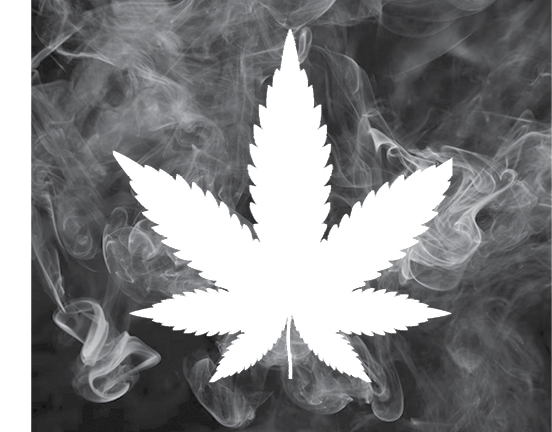A Word From Legal
Employers, Employees, and Marijuana

When the 2023 General Assembly passed legislation to legalize recreational marijuana in Maryland (House Bill 556/Senate Bill 516), employers hoped that the comprehensive legislation would provide clarification for both employers and employees about the parameters of testing and the repercussions of use. Unfortunately, the bill didn’t contain any general workplace provisions for either group.
The original draft of the legislation did little to address the impact of recreational marijuana use in the workplace. Instead, it simply restated existing state policy for medicinal cannabis use which allows Maryland employers to deny employment and/ or discipline a prospective or current employee after testing positive for marijuana (assuming the test complied with the employer’s established drug testing policy).

This rehashed medicinal use language was removed from the final legislation when Attorney General Anthony Brown stated that existing drug testing laws in Maryland already provided the authority to test and respond based on their stated policy. But because of the lack of specificity regarding marijuana use, which is now legal in the state, the Maryland Chamber of Commerce said it hopes to clarify and reinforce employer drug testing authority as applied to recreational marijuana with a formal opinion from the attorney general. MSEA believes this would be very helpful to the employer community—although not law, it would be a powerful interpretation by the state’s top attorney as to how the law should apply.
This all means that boards of education may continue to subject employees to drug testing protocols. Unless the employee falls into a safety-sensitive position, such as a bus driver who is subject to regular and random testing, all other employees can be tested upon reasonable suspicion—which includes odor as well as behaviors—that the employee is under the influence or otherwise impaired (and their job performance in question). Marijuana can remain in the system for up to 30 days or longer in urine tests, and a positive test will lead to discipline up to and including termination.
It may be legal in Maryland and other states, but marijuana use remains illegal under federal law, which means there are no federal protections for its use even with a state-issued card documenting a medical reason for using it, which is unlike prescription opioid painkillers that are protected by federal disability laws.
This is why the General Assembly will have to adopt workplace protections to ensure that workers cannot be punished for off-hours marijuana use as long as the employee is not coming to work high or performance is compromised. For employers, navigating testing will be tricky since establishing impairment is difficult. It took 10 years for California to enact a law that bans discrimination against employees for their off-the-clock marijuana use. California state law now prevents a business from firing or refusing to hire a worker for a positive drug test without also showing that they were impaired on the job.

